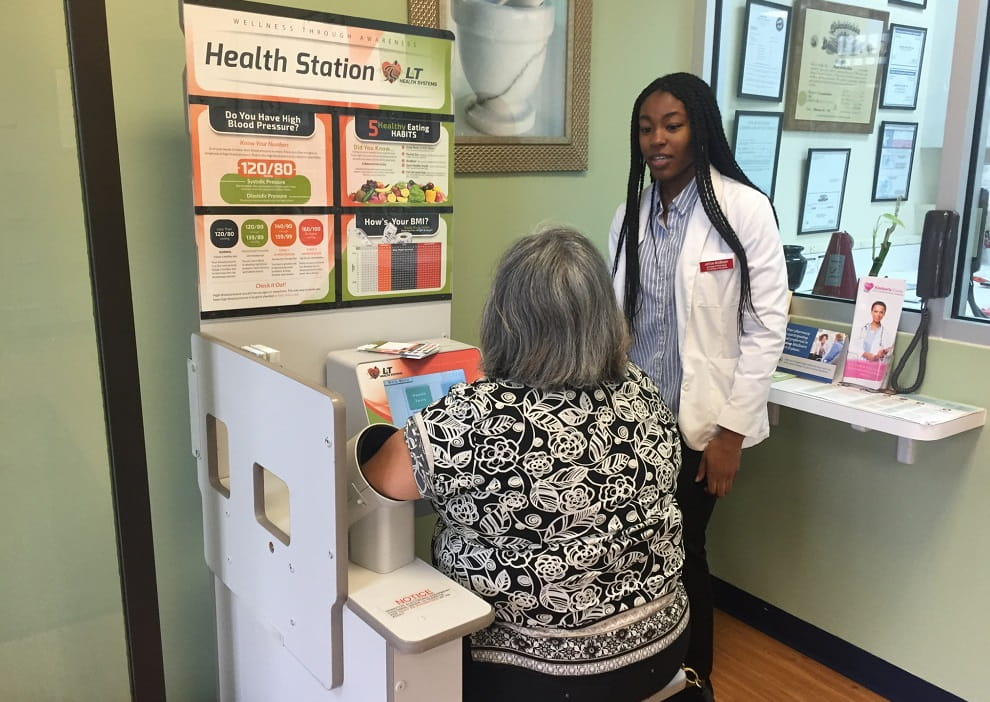 American Heart Association
American Heart Association Diversity and Inclusion in Research and Cardiology

The American Heart Association has long been committed to diversity and inclusion. These values are an essential foundation of its relentless mission to create a world where everyone everywhere can live a longer, healthier life.
In addition to our longstanding community programs and advocacy initiatives focused on assuring equitable health for all, we are actively and deeply invested in helping to build a diverse health care and scientific research community. Since the AHA's first scientific meeting on diversity in science and medicine in 2005, the Association has aggressively supported efforts to remove barriers and increase opportunities for members of racial and ethnic groups traditionally under-represented in the sciences.
Today our ongoing efforts include:
Investing in diverse scholars
- Since 2015, the Association has funded scholarships for 89 students at Historically Black Universities and Colleges (HBCUs) to pursue advanced training in the biomedical and behavioral sciences.
- In each of the past four years, the Association has invested in funding scholars in the Amos Medical Faculty Development Program of the Robert Wood Johnson Foundation. This represents new commitments each year of between $840,000 and $1.2 million.
- Over the last two years, our EmPOWERED Scholars program has awarded $10,000 scholarships to 16 college students who are actively addressing the social determinants of health in their communities – confronting issues such as food insecurity, safe housing, job opportunities and access to health care.
Building the pipeline of future scientists and physicians from diverse backgrounds
- The American Heart Association launched the SURE (Supporting Undergraduate Research Experiences) program in 2018-19. This program provides specific scientific research experiences for undergraduate students from racial and ethnic groups historically excluded from medicine and the sciences. Stanford Cardiovascular Institute’s Undergraduate Summer Research Program is one example of a SURE-funded program.
- The volunteer AHA Scientific Research Committee recently approved a new financial grant supplement program that specifically provides funds for trainees from groups who are under-represented in science.
2018 AHA Scientific Sessions Presidential Panel, Catalysts for Change -- The Equity Equation
Funding research
- The AHA financially supports scientists and researchers from diverse backgrounds with a long-term goal to invest unrestricted research funding specifically with awardees who are members of underrepresented groups.
- In 2015, the AHA funded a Strategically Focused Research Network specifically focused on “Disparities in Cardiovascular Disease and Stroke” made up four teams of diverse scientists. This $15M program funded basic, clinical and population health studies in areas of post-stroke recovery, risk and resilience factors, heart failure, kidney disease and hypertension in historically excluded populations.
- In response to the COVID-19 pandemic, the Association recently invested another $2.5 million in research looking at the cardiovascular impacts of the virus. This funding included a significant single award to a female Black researcher to specifically study the pandemic’s impact in communities of color.
The American Heart Association remains committed to doing even more. The organization will continue to invest in long-term solutions intended to ensure that the composition of the health care and research communities in the United States mirror our society at large.